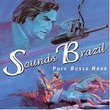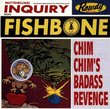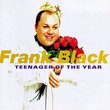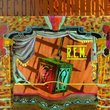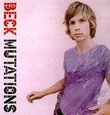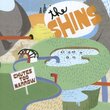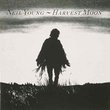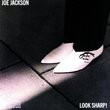| All Artists: Toots & Maytals Title: Time Tough: Anthology Members Wishing: 5 Total Copies: 0 Label: Island Original Release Date: 6/18/1996 Release Date: 6/18/1996 Album Type: Original recording remastered Genres: Alternative Rock, International Music, Pop Styles: Ska, Caribbean & Cuba, Jamaica, Reggae Number of Discs: 2 SwapaCD Credits: 2 UPCs: 731452421920, 0731452421920, 731452421944 |
Search - Toots & Maytals :: Time Tough: Anthology
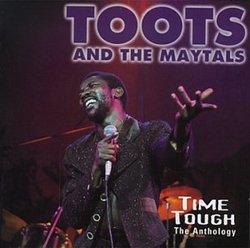 | Toots & Maytals Time Tough: Anthology Genres: Alternative Rock, International Music, Pop
The 30-year career of Frederick "Toots" Hibbert and his Maytals is in many ways the story of Jamaican pop music. A ska originator who adapted early '60s soul into an original and irresistible island groove, Toots slowed sk... more » |
Larger Image |
CD DetailsSynopsis
Amazon.com The 30-year career of Frederick "Toots" Hibbert and his Maytals is in many ways the story of Jamaican pop music. A ska originator who adapted early '60s soul into an original and irresistible island groove, Toots slowed ska's staccato chops and shuffle beats to create a midtempo rock-steady. As the '70s approached, Toots's music eased even more and evolved into reggae (with his 1968 single "Do the Reggay," he even named the genre). Through the '70s and '80s, as other styles appropriated reggae, Toots pulled in the opposite direction to bring funk, R&B, rock, and pop into his music. The two-disc, 41-track Time Tough: The Anthology, which extends from Toots's earliest single, 1963's "Six and Seven Books of Moses", to his 1988 album Toots in Memphis, covers all of the reggae survivor's transformations. More than Toots's lack of rastaman dreadlocks, what distinguishes him from countrymen Bob Marley and Peter Tosh is his continual embrace of American music. Throughout his career, his comfort with mainland forms worked both for and against him. On Disc One's early singles ("54-46 That's My Number," "Sweet & Dandy"), Toots's crooning and the Maytals' classic soul hooks make for first-rate ska and rock-steady. Disc Two, though, documents how, while Marley turned reggae into protest music, Toots remained largely apolitical and recorded pale versions of American hits like "Take Me Home, Country Roads" (yes, John Denver) and "Spiritual Healing" (reworking Marvin Gaye). By the '80s, his embrace of slick R&B ("Just Like That") and use of Memphis musicians made his sound at times barely recognizable as reggae. Disc One's glory, though, easily compensates for Disc Two's late-career shortcomings; Toots's rightful place in reggae royalty was secured long ago. --Roni Sarig Similar CDs
Similarly Requested CDs
|
CD ReviewsEssential From A Reggae King Original Mixed Up-Kid | New York United States | 09/21/2005 (5 out of 5 stars) "OK, the track "Sit Right Down" is missing..nothings perfect but this collection comes close...you got way over 2 hours of prime stuff here from the early sides to his later R and B infusion..Toots was called many things..but for your newbies..he is a reggae style Otis Redding, Wilson Pickett with the groove of Calypso and the sound of funky Kingston..Marley may have been king but Toots was the performer at the palace..high energy,soulful grooves and that famous keyboard came from him,that keyboard riff which Paul Simon duplicated on his opening of "Mother Child Reunion"..his tribute to reggae... These performances so influenced the UK punkers ie:the clash,The 2 tone Specials that they covered them themselves..." Time ain't so tough listening to the Toots-man M. Shah | Los Angeles, CA | 06/21/1999 (5 out of 5 stars) "Toots? What can I say? I first was touched by his voice and music on "The Harder They Come" soundtrack and was so hooked, I had to buy SOMETHING else...but I was scared, because, as you might know, sometimes anticipation ruins things. Little did I know I would be amazed beyond belief. "54-46", "It's You", "Take Me Home, Country Roads", although I don't dig all of the material, the stuff that's good SCORCHES!!!" One Of THE Best, Period! John Peterson | Marinette, WI USA | 06/10/2001 (5 out of 5 stars) "Toots is simply an incredible performer and his music needs to be heard. This 2CD set is probably the best way to hear it. It covers 25 years and has a fantastic song selection. Listen to the way he reworks Joh Denver's "Take Me Home Country Roads" and makes it totally his own. "Pressure Drop" and "Funky Kingston" are just two of my favorite songs from him.Just a side note; "Get Up, Stand Up" is NOT the Bob Marley/Peter Tosh classic but Toot's composition. Still, it's a great song."
|

 Track Listings (23) - Disc #1
Track Listings (23) - Disc #1